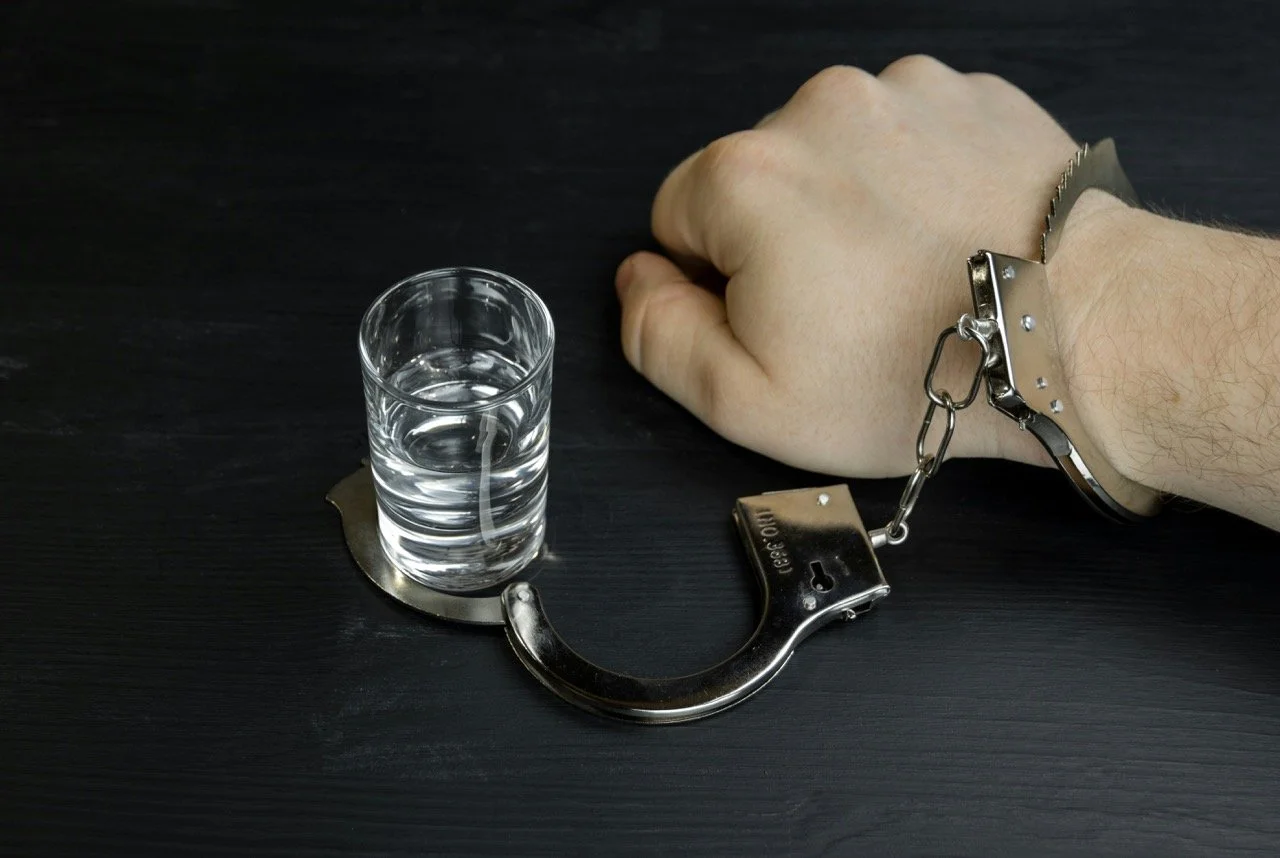10 Warning Signs of Alcohol or Drug Addiction You Shouldn’t Ignore
Recognizing the early warning signs of alcohol or drug addiction can make all the difference in getting someone the help they desperately need. Substance use disorders (SUDs) affect people across all ages, backgrounds, and lifestyles. But with awareness of the red flags—from physical symptoms to emotional changes—you can intervene before the issue spirals out of control.
1. Physical Changes and Deterioration of Appearance
Bloodshot eyes or pupils that appear unusually large or small, rapid weight gain or loss, changes in grooming habits or hygiene, tremors, slurred speech, and coordination issues are common indicators. These reflect both the body’s response to substance misuse and neglect of self-care.
2. Altered Sleep and Appetite Patterns
Substance use frequently disrupts normal sleep and eating habits. You may notice insomnia, hypersomnia, overeating, or loss of appetite—all clues that someone may be using to self-medicate or manage withdrawal.
3. Secretive, Risky, or Illegal Behaviors
Addiction can cause people to become secretive or dishonest about their whereabouts. They may engage in hazardous actions like driving under the influence, using dirty needles, or risky sexual behavior. Legal issues such as arrests or accidents can also arise.
4. Decline in School, Work, or Social Performance
Substance use often leads to neglect of responsibilities—excessive absenteeism, slipping grades, missed deadlines, or conflicts in relationships.
5. Social Withdrawal and Changed Friend Groups
Withdrawing from family and long-time friends, losing interest in once-loved activities, or suddenly hanging out with a different crowd can signal substance misuse.
6. Financial Difficulties or Unexplained Need for Money
Addicted individuals might suddenly need money, borrow often, or even steal to sustain their usage. Disappearing valuables or constant financial strain are red flags.
7. Increased Tolerance and Withdrawal Symptoms
As tolerance builds, people need more of the substance to achieve the same effect. When not using, they may experience withdrawal—anxiety, restlessness, insomnia, nausea, or depression.
8. Mood Swings, Anxiety, or Paranoia
Expect unexplained mood swings, irritability, anxiety, depressive episodes, or paranoia. These shifts may reflect the substance’s effects or emotional dysregulation.
9. Continued Use Despite Harmful Consequences
A hallmark of addiction is persisting in substance use even when it causes health, social, or legal harm.
Source: NIDA — What Are the Signs of Having a Problem With Drugs?
10. Denial, Defensiveness, or Excuses
When confronted, people with addiction often become defensive, minimize concerns, or deny the problem. Denial can be one of the biggest barriers to recovery.
What You Can Do If You See These Signs
Approach with Compassion
Start conversations from a place of concern, not accusation. Express empathy and willingness to listen without judgment.Offer Resources and Support
Encourage connecting with professionals—counselors, therapists, or treatment programs.Know Help Is Available
The Substance Abuse and Mental Health Services Administration (SAMHSA) provides a free, confidential 24/7 helpline: 1-800-662-HELP (4357).
Support for Teens in Oklahoma City
Addiction does not only affect adults—it deeply impacts teenagers and their families as well. In Oklahoma, teen substance use remains a serious concern, with alcohol, marijuana, and prescription drug misuse among the most common. For parents and the general public, knowing that specialized help exists locally can be a lifeline.
Teen Recovery Solutions (TRS) is Oklahoma City’s only nonprofit organization dedicated to helping teens achieve sobriety while continuing their education. TRS operates:
Mission Academy High School — a recovery high school where students receive a quality education in a supportive, sober environment.
Peer Recovery Programs — where teens build connections with others who understand their struggles and celebrate progress together.
Family Support Services — offering parents and guardians resources to heal alongside their teen.
By combining academics with recovery, TRS helps students rebuild their futures, graduate, and pursue college or career goals—without letting addiction define their story.
For families searching “Oklahoma City teen addiction recovery,” TRS provides hope. And for community members who want to make a difference, every donation fuels recovery programs that change lives.
You can help teens in Oklahoma City overcome addiction and reclaim their futures.

